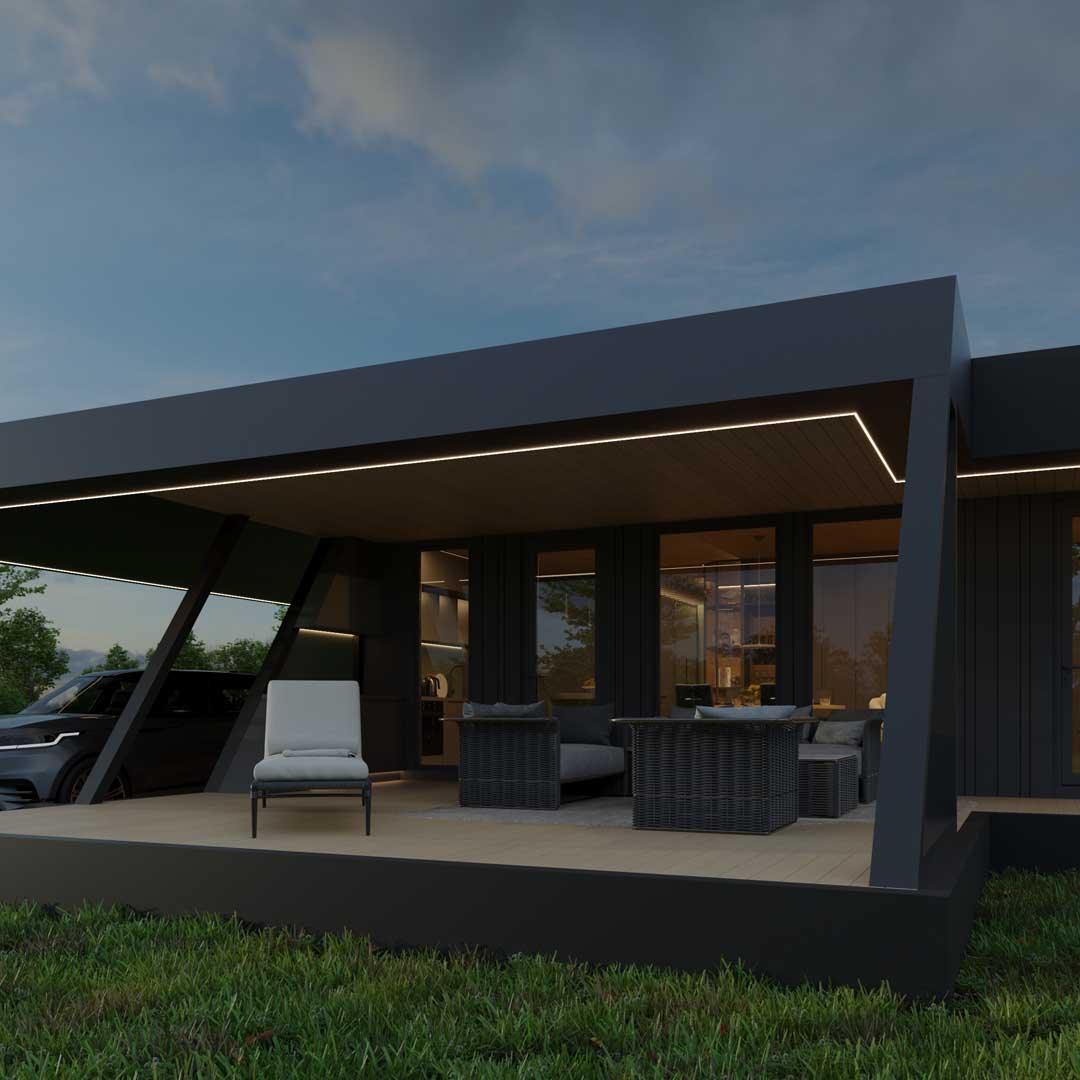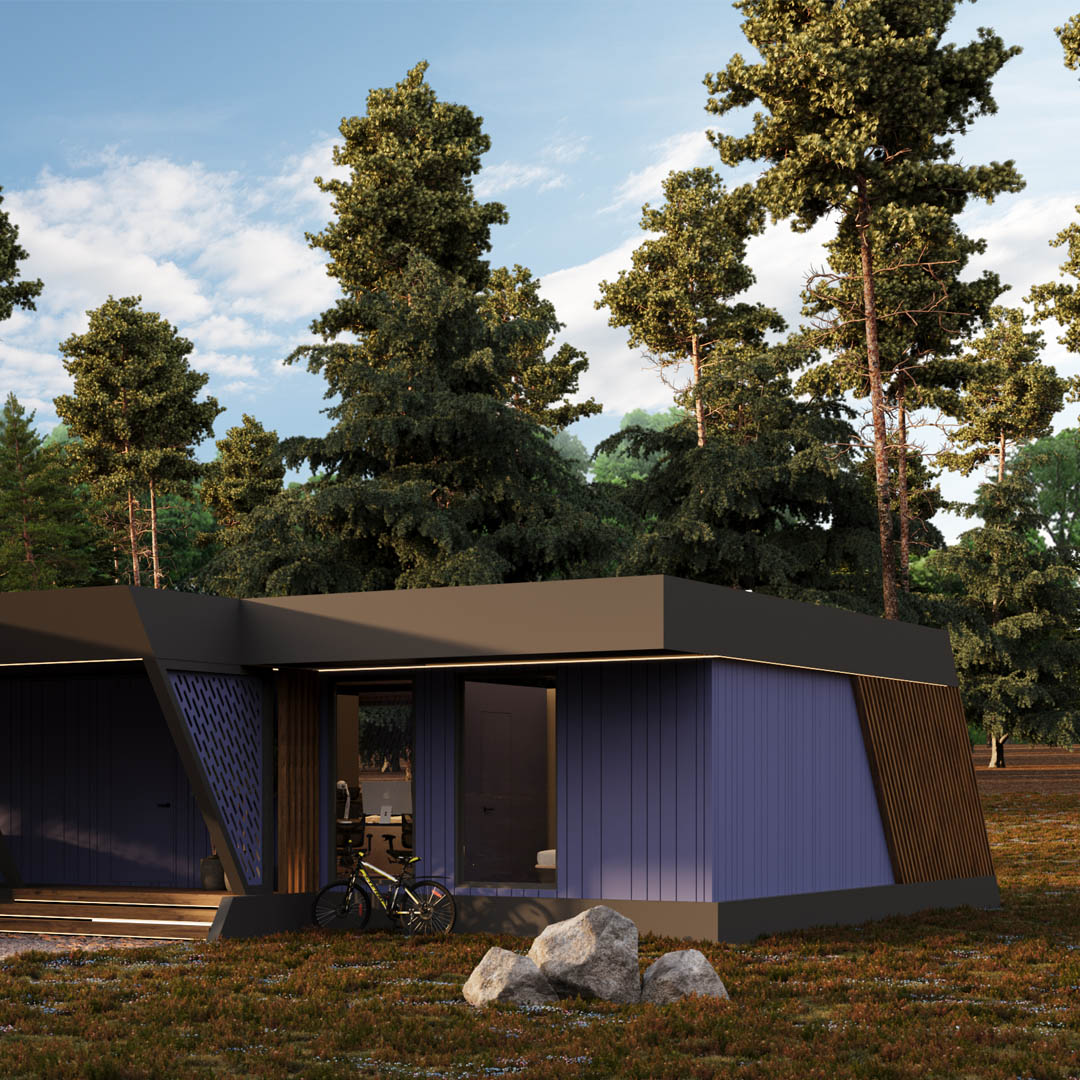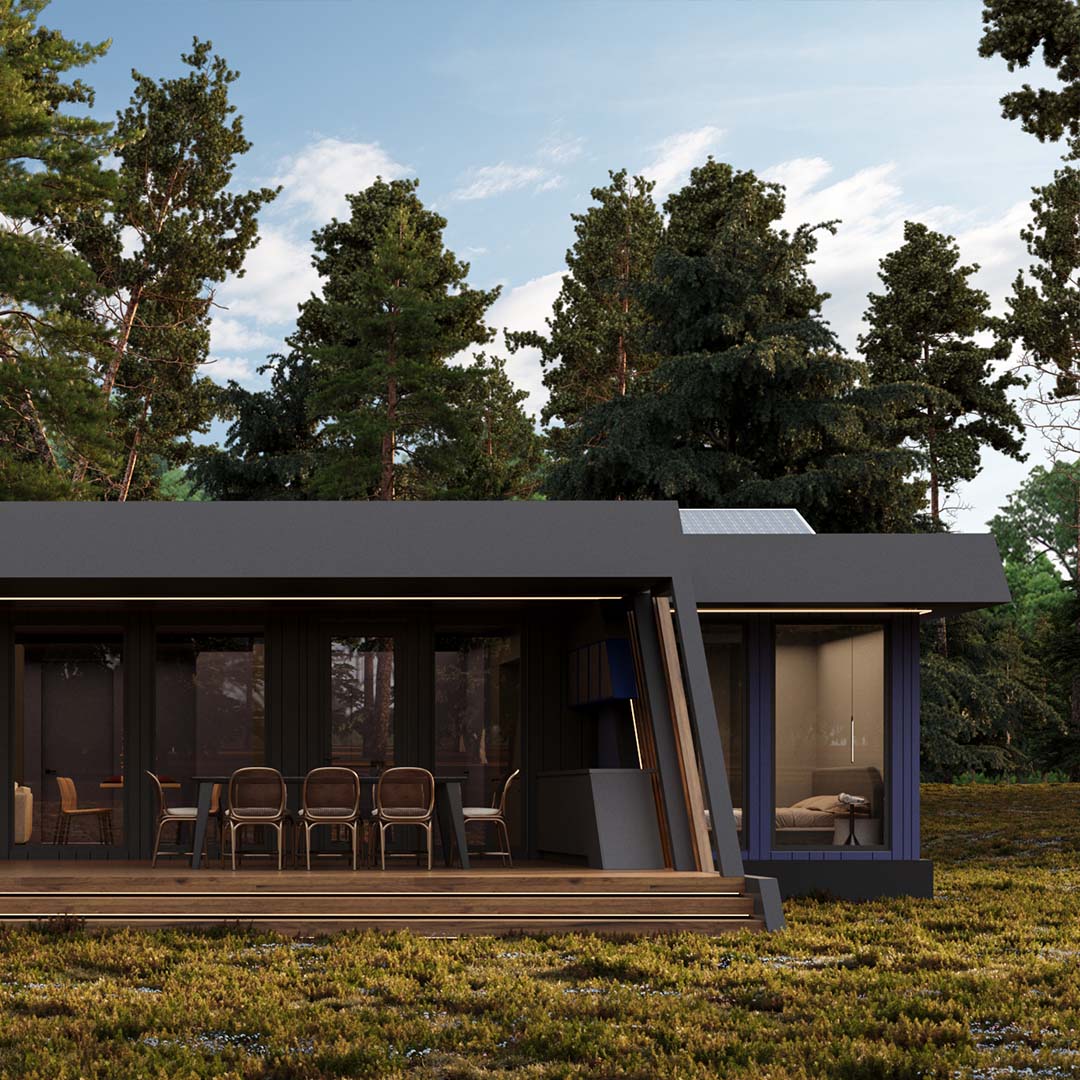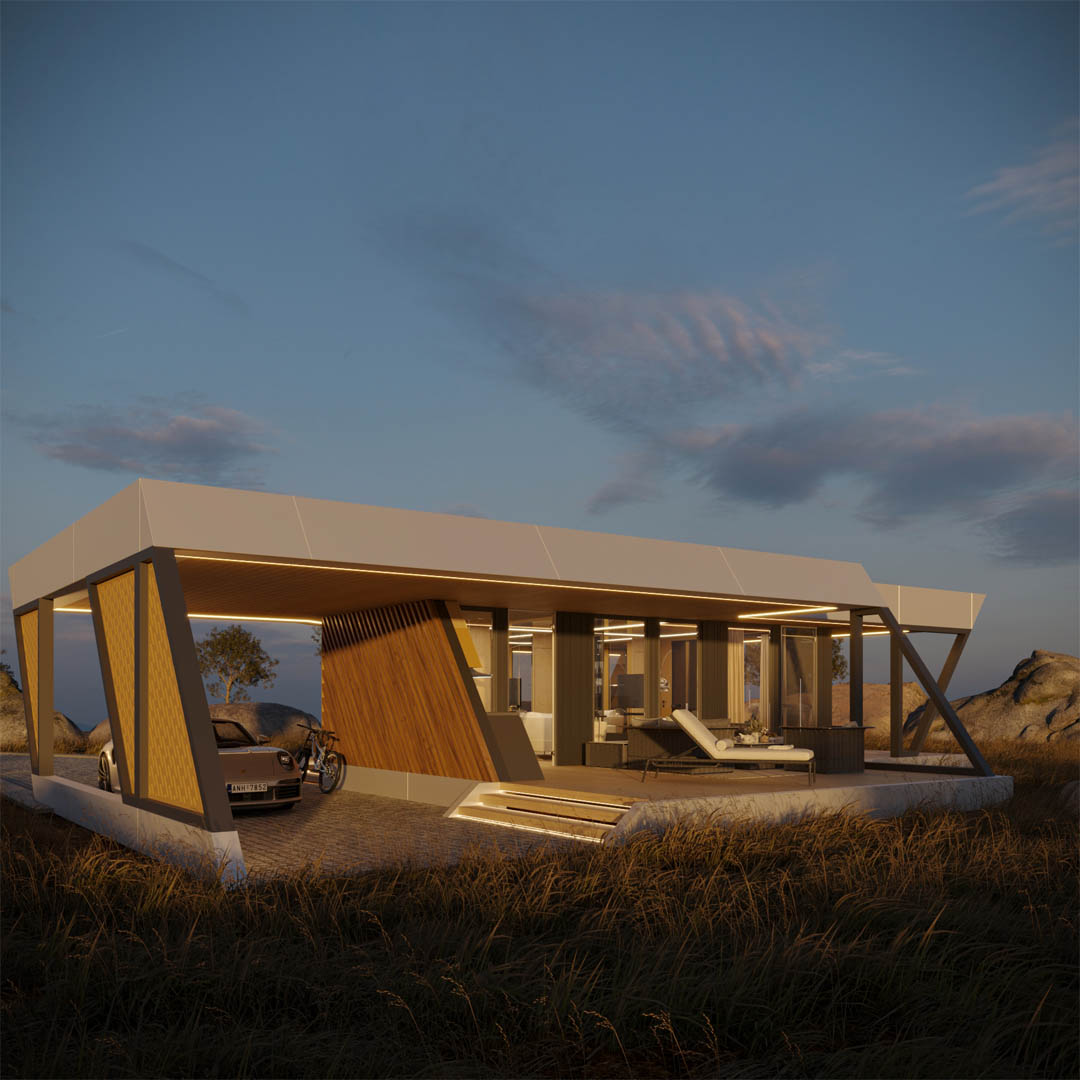As alternative housing solutions gain popularity, the terms “modular homes” and “mobile homes” are often used interchangeably. However, they are fundamentally different in terms of construction, quality, and long-term investment potential. If you’re considering one of these options, it’s important to understand the distinctions to make the best decision for your needs.
Here’s a comprehensive breakdown of the key differences between modular homes and mobile homes:
1. Construction Process
Modular Homes
Modular homes are built in sections (or modules) in a factory setting. These modules are then transported to the building site, where they are assembled on a permanent foundation. Once assembled, modular homes are indistinguishable from traditional homes. These homes are built to meet local building standards, ensuring the same quality and durability as traditional brick-and-mortar homes.
Mobile Homes
Mobile homes are also built in factories but to different standards. In the UK, they adhere to the Caravan Sites Act 1968, while in the EU, they must comply with various national regulations and the European Standard EN 1647, which governs the safety and performance of mobile homes. This makes them more flexible in terms of where they can be located but results in a lower level of construction quality compared to modular homes. Mobile homes are built on a steel chassis, allowing them to be transported, and are often placed in residential or holiday parks.
Mobile homes are constructed in factories but are subject to different standards compared to traditional homes. In the UK, they adhere to the Caravan Sites Act 1968, while in the EU, they must comply with various national regulations and the European Standard EN 1647, which governs the safety and performance of mobile homes. These regulations are generally less stringent than those for permanent dwellings, focusing more on mobility and temporary habitation.
2. Foundation and Permanence
Modular Homes
Modular homes are fixed to a foundation, either to a concrete base plate or with grounding screws directly to a suitable terrain, making them a stable and durable housing option. Once installed, they are treated as permanent properties, just like traditionally built homes. This permanence gives modular homes the advantage of long-term stability, providing greater peace of mind for homeowners.
However, if circumstances change and relocation is necessary, modular homes offer the flexibility to be moved to a new location, ensuring that your investment remains adaptable to your evolving needs.
Mobile Homes
Mobile homes are designed to be relocatable. Though many remain stationary in parks or designated areas, they sit on steel frames with wheels, making them easier to move.
3. Regulations and Building Standards
Modular Homes
Modular homes must comply with the same UK building regulations that apply to traditionally built homes. This ensures a higher standard of safety, durability, and energy efficiency. Modular homes are inspected both in the factory and on-site, ensuring they meet local planning laws and safety standards.
Mobile Homes
Mobile homes in the UK are governed by the Mobile Homes Act and are generally subject to lighter regulation than modular homes. This means they are typically less durable, and the standards for insulation and energy efficiency may not be as high as those for modular homes.
4. Customisation and Design
Modular Homes
One of the biggest advantages of modular homes is the level of customisation. Whether you’re looking for a compact two-bedroom modular home or a spacious five-bedroom property, you can design the layout, finishes, and features to suit your needs. Many modular homes also incorporate eco-friendly elements such as solar panels and energy-efficient windows, making them an ideal choice for environmentally conscious buyers.
Mobile Homes
Mobile homes offer fewer design options. While you can select from pre-set floor plans and finishes, customisation is limited compared to modular homes. Mobile homes are typically smaller and designed for quick production, which can limit your choices when it comes to personalising your living space.
5. Cost and Investment Potential
Modular Homes
Modular homes may have a higher initial cost compared to mobile homes, but they represent a better long-term investment. Their durability, energy efficiency, and compliance with local regulations make them a secure financial investment.
Mobile Homes
Mobile homes are more affordable upfront but do not typically increase in value over time. In fact, mobile homes often depreciate, especially if they are located in a holiday or residential park where the land is leased rather than owned. As a result, mobile homes are generally not seen as long-term investments in the same way modular homes are.
6. Sustainability
Modular Homes
Modular homes are built with sustainability in mind. Since they are constructed in factories, there is less material waste, and the energy-efficient designs help reduce long-term environmental impact. Many modular homes, including those built by HOMErs, come with eco-friendly features such as solar panels, high-performance insulation, and sustainable materials, aligning with the UK’s growing demand for greener homes.
Mobile Homes
Mobile homes can incorporate energy-efficient features, but they are generally not as sustainable as modular homes. Their construction standards are not as rigorous, and their transportability can increase their carbon footprint. Additionally, mobile homes are often seen as temporary housing solutions, which can limit the sustainability benefits over time.
Conclusion: Which is Right for You?
The choice between a modular home and a mobile home depends on your long-term goals, budget, and lifestyle needs. Modular homes are ideal for those looking for a permanent, sustainable, and customisable home that meets UK and EU building standards and appreciates in value. They provide the same benefits as traditional homes but with faster construction times and lower environmental impact.
Mobile homes, while more affordable in the short term, are better suited for those seeking a flexible and temporary housing solution. However, they offer less stability, fewer customisation options.
At HOMErs, we specialise in sustainable modular homes that combine affordability, modern design, and long-term value. Whether you’re looking for a four-module starter home or a spacious ten-module property, we can help you find the perfect modular solution for your lifestyle.
Explore our range of modular homes today and make a smart investment in your future.




